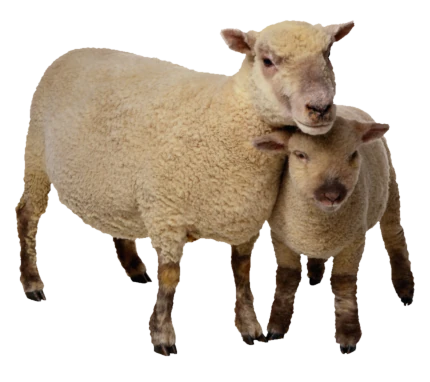by Caroline Spiller
If you are buying animal products then it is highly likely you are paying for this brutal treatment of creatures. Factory farms can not continue to exist without the demand for them.
Vegans are well known for telling other people they are vegan as soon as they meet someone. I am breaking that tradition by revealing that I am a vegan in my second sentence. If you are not in the know, ethical veganism is a stance against the consumption of animal products, but vegetarianism simply means not consuming animals directly, mostly in the form of meat.
The fact that “cheese and milk and eggs and meat is murder” doesn’t have the punch as “meat is murder” is reflective of the challenge that all ethical vegans will go through in their attempts to persuade others or to explain their views.
The best way I can explain my position is by establishing this one idea: The trait that should make us care about creatures is their capability to suffer. If you ask anyone why something is bad or evil, their argument will always come down to human suffering. Would it be bad to hit someone if they felt no pain? Yes. They would still feel disrespected. Why is disrespect bad? Disrespect is bad because humans have emotions and would prefer to have them in a positive state.
Creatures have complex emotions, too, but this is frequently overlooked and undermined if they are the animals we associate with food. A mother cow is upset when her calf is taken from her, which is the industry standard. A pig is upset when they have no living room to move and play in freely. A chicken is in pain when they are in crates small enough to break their bones. These conditions that I’m describing are the industry standard.
If you are buying animal products then it is highly likely you are paying for this brutal treatment of creatures. Factory farms can not continue to exist without the demand for them.
If you are told that the creatures are raised in good conditions, then chances are you are being lied to with meaningless and unenforceable terms such as “free range.” Even though vegans will likely have views of why eating cows in giant pastures is bad, my main point is that agriculture has progressed to the point where there is an extreme economic incentive for animal abuse.
This isn’t meant to imply that ethics are the only reason people go vegan. Many people have reasons to adopt plant-based diets outside of nonhuman animal focused ethics. Some individuals adopt plant-based diets to curb the emissions from factory farming and others go plant-based for their health. >>MORE

